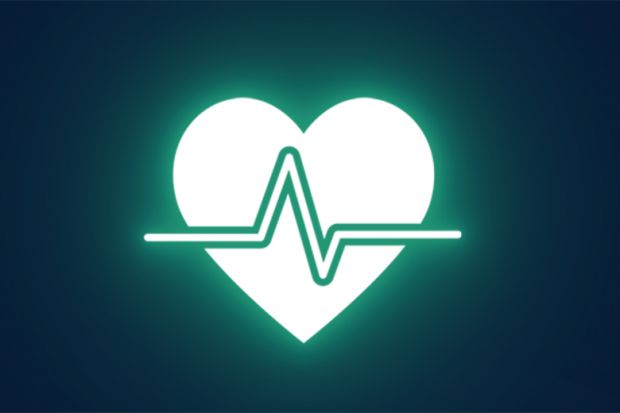Browse the full results of the Impact Rankings 2024
This ranking focuses on universities’ research on the key conditions and diseases that have a disproportionate impact on health outcomes across the world, their support for healthcare professions, and the health of students and staff. It is not a general measure of a university’s medical teaching and research.
View the methodology for the Impact Rankings 2024 to find out how these data are used in the overall ranking.
Metrics
Research on health and well-being (27%)
- Proportion of research papers that are viewed or downloaded (10%)
- Proportion of research papers that are cited in clinical guidance (10%)
- Number of publications (7%)
This focuses on research that is relevant to key diseases and conditions, measuring paper views, clinical citations and the volume of research produced.
The data are provided by Elsevier’s Scopus dataset, based on a query of keywords associated with SDG 3 (good health and well-being) and supplemented by additional publications identified by artificial intelligence. The data include all indexed publications between 2018 and 2022 and are normalised across the range using Z-scoring.
Proportion of health graduates (34.6%)
To understand how a university is supporting health professions, we measure the proportion of graduates who receive a degree associated with a health-related profession out of the institution’s total number of graduates.
The data relate to the number of graduates in the 2022 academic year. The degree does not necessarily give them the ability to practise directly; additional qualifications may be required.
The data were provided directly by universities and normalised across the range using Z-scoring.
Collaborations and health services (38.4%)
- Smoke-free policy (8%)
- Collaborations with local, national or global health institutions to improve health and well-being outcomes (7%)
- Outreach programmes in the local community to improve health and well-being, including those for displaced or refugee communities (7%)
- Access to sexual and reproductive health services for students (7%)
- Mental health support for students and staff (7%)
- Community access to university sports facilities (2.4%)
We asked universities for evidence of local health collaborations and community outreach programmes.
We also asked for evidence that local residents could access university sports facilities and that the university provided sexual health support to students and mental health support for staff and students.
The evidence was provided directly by universities, evaluated and scored by THE and not normalised.
Evidence
When we ask about policies and initiatives – for example, the existence of mentoring programmes – our metrics require universities to provide the evidence to support their claims. In these cases, we give credit for the evidence, and for the evidence being public. These metrics are not usually size-normalised.
Evidence is evaluated against a set of criteria, and decisions are cross-validated where there is uncertainty. Evidence need not be exhaustive – we are looking for examples that demonstrate best practice at the institutions concerned.
Time frame
In general, the data used refer to the closest academic year to January to December 2022. The date range for each metric is specified in the full methodology document.
Exclusions
The ranking is open to any university that teaches at undergraduate or postgraduate level. Although research activities form part of the methodology, there is no minimum research requirement for participation.
THE reserves the right to exclude universities that it believes have falsified data, or are no longer in good standing.
Data collection
Institutions provide and sign off their institutional data for use in the rankings. On the rare occasions when a particular data point is not provided, we enter a value of zero.
